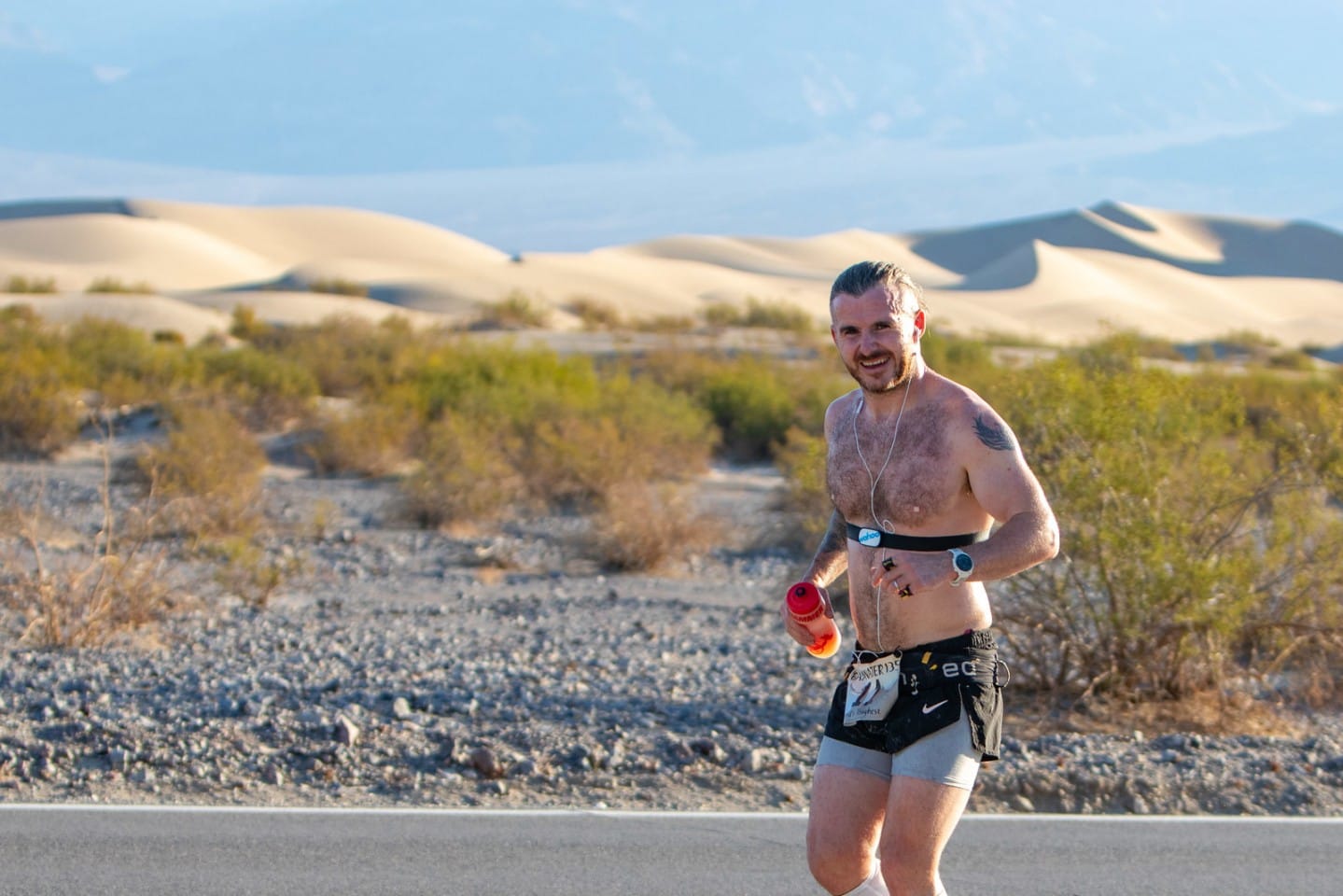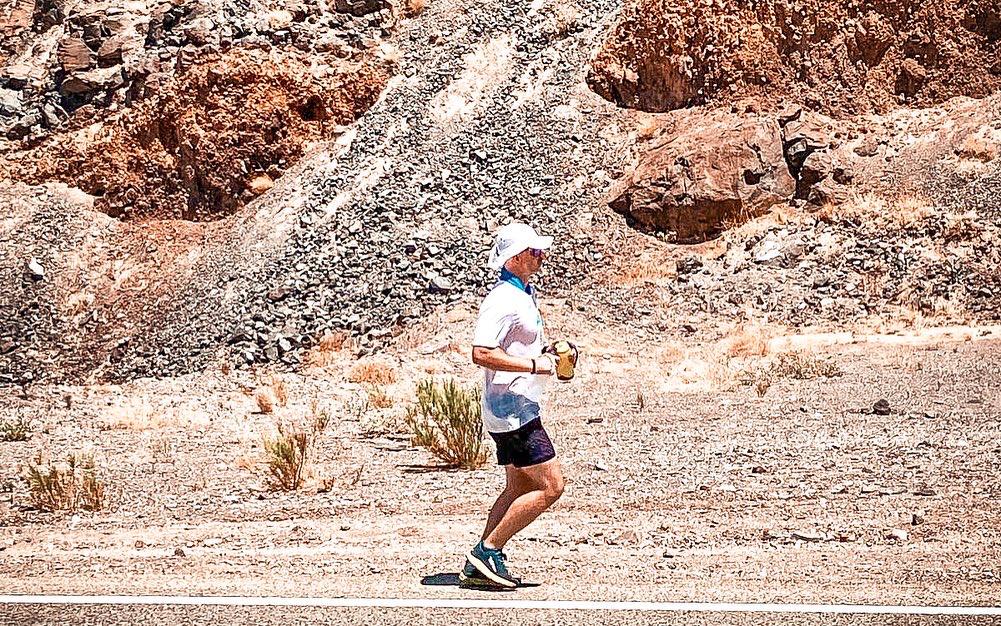Heat Stroke: The Preventable Threat
Heat stroke is a threat among runners that can strike when unprepared. However, with proper precautions, heat stroke can be manageable, and running in the sun can be a delightful experience.
Heat stroke can be a devastating end to a race, especially as measures can be taken to ensure it does not happen. Running in the heat can expose you to higher chances of heat exhaustion, but we will explore ways to prevent it and treat it if it occurs.

What is Heat Stroke?
Heat stroke is a condition which works via the central nervous system caused by exposure to high environmental temperature, resulting in the body’s core temperature rising. When that temperature rises beyond 40 degrees Celsius, your body begins to overheat.
During exercise, your body naturally rises in temperature, which is usually regulated by circulating more blood to cool the body. However, when you are running in places where the temperature is also hot, perspiration or sweating may not effectively cool down the body.

If the core body temperature is not effectively controlled and continues to rise, the runner risks Rhabdomyolysis, a condition where toxins are released into the bloodstream, affecting the kidneys and potentially leading to kidney failure.
When we say heat stroke, we usually mean heat exhaustion, as heat stroke is when our body has surpassed dangerous body temperature levels and enters significant bodily problems.

Why are Runners Prone to Heat Stroke?
Heat Stroke can cause dehydration and depleted electrolyte stores, leading to cramps and impaired muscle function. You can acquire heat stroke at any time when you are in heat for too long, however that risk increases during exercise.
One of the primary ways your body attempts to cool itself is by increasing bloodflow to the skin, which is cooler. However, the additional heat created by your body exercising means that blood is redirected to the muscles and central organs, causing you to overheat.

Dehydration is also a factor in why runners can experience heat stroke more acutely. Long periods of exertion on hot, sunny days can lead to significant water and electrolyte loss through your sweat. If you only drink water, your body can become depleted in these mandatory salts. This is why staying hydrated and taking electrolytes during your hot runs is paramount in success.
Support the whole team who put all this together
This is premium stuff! Subscribe for ONLY 99p for ALL online content!
Subscribe
Get right to the heart of ultra-running featuring interviews and podcasts with world class athletes, extraordinary race directors, ultra-running coaches, nutritional experts and in depth race reviews from around the globe!Get your access now








